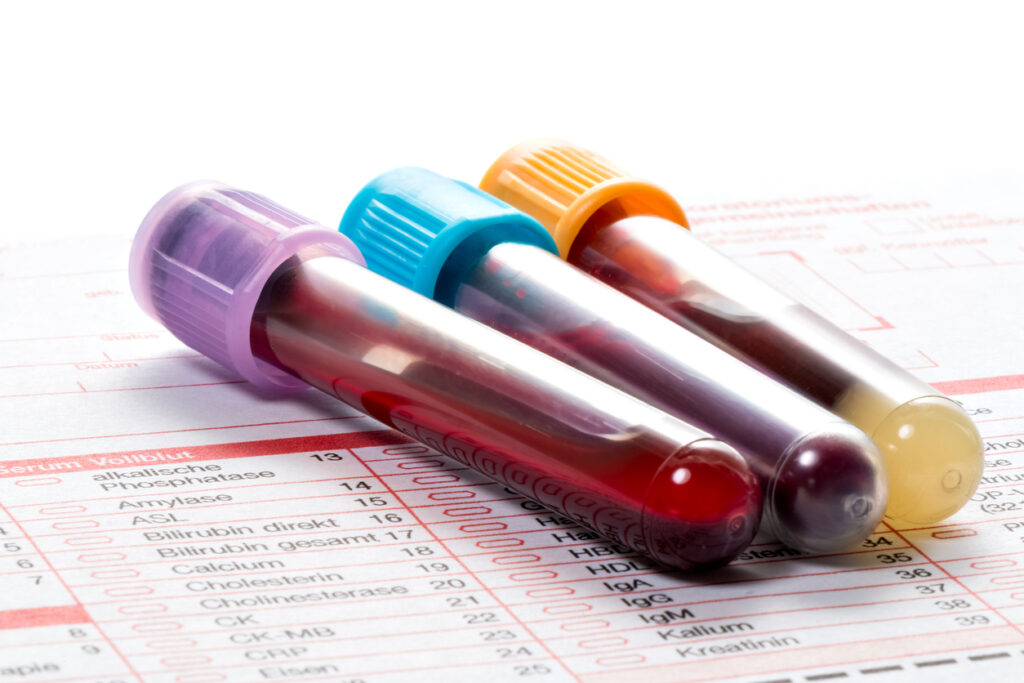Hidradenitis Suppurativa (HS) patient receiving adalimumab (Humira, AbbVie) show improvements in anemia, thrombocytosis, and leukocytosis, and these improvements can be seen in clinical responders and nonresponders, according to post hoc analyses of two phase 3 trials published in JAMA Dermatology.
The new findings build on a previous study in a smaller cohort of HS patients that also documented improvements in anemia, leukocytosis, or thrombocytosis after immunomodulatory therapy.
For this study, patients with moderate-to-severe HS were randomized to receive either 40mg adalimumab weekly or placebo for the first 12 weeks of the study (period 1). Researchers assessed clinical improvement at week 12 using Hidradenitis Suppurativa Clinical Response (HiSCR).
The two trials enrolled 633 patients, and 596 completed period 1 of each study. Among 594 patients with laboratory data available at baseline, 252 patients (42.4%) had at least one hematologic abnormality (defined as anemia, thrombocytosis, or leukocytosis) at baseline.
Of these patients, 172 patients (68.3%) had one hematologic abnormality, with 154 (61.1%) having anemia. Baseline hemoglobin levels, white blood cell (WBC) count, and platelet count test results were similar between the groups.
People receiving adalimumab showed improvement in hemoglobin levels, platelet count, and WBC count. By contrast, placebo recipients did not have significant improvements in these variables.
These improvements were noted in patients who did and did not respond clinically to therapy. Adalimumab responders had significant improvements in hemoglobin, platelet count, and WBC count. Adalimumab clinical response was associated with the degree of improvement in hemoglobin levels that bordered significance, the researchers reported.
“Adalimumab, regardless of HiSCR responder status, was associated with improvements in common hematologic abnormalities,” conclude researchers who were led by Simon J. Gunter, MPhil, an MD/MBA Candidate at Harvard Medical School/Harvard Business School in Boston. “Patients with hematologic abnormalities at baseline and clinical response with adalimumab treatment exhibited greater improvements in their hematologic abnormalities and were more likely to have a resolution of their anemia relative to both adalimumab and placebo nonresponders.”
Further research is required to validate the generalizability of these findings, Gunter and colleagues note.


